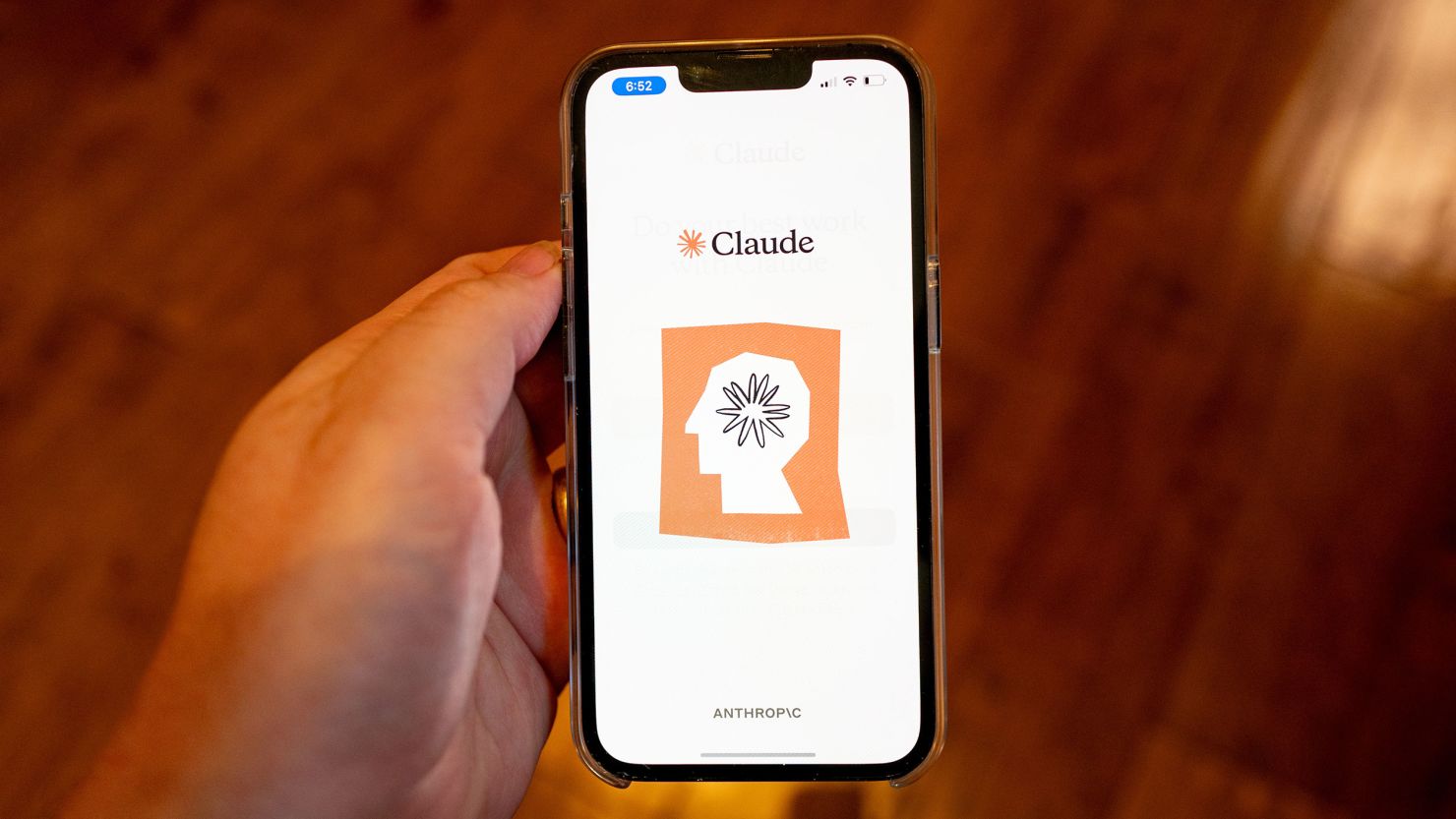Anthropic Unveils Claude 4 Family and New AI Models
Anthropic released Claude Opus 4 and Sonnet 4, the latest iterations in their Claude series of large language models (LLMs). These models are designed to enhance AI capabilities in coding and complex task management. Claude Opus 4, in particular, is recognized as the "best coding model in the world," achieving a score of 72.5% on the SWE-bench and 43.2% on the Terminal-bench coding benchmarks, outperforming all existing coding models. Both models support extended thinking and memory improvements, allowing them to manage multi-step tasks effectively.
Users have noted significant enhancements, with Claude 4 being "65% less likely" to resort to shortcuts in agentic tasks, and it can maintain local files to store data for improved memory capabilities. The models can also execute multiple tools in parallel, utilizing web searches and local files to enhance their reasoning and output quality. Developers can integrate Claude Code into their workflows using tools like JetBrains and VS Code.
Key Features and Improvements
Anthropic's Claude 4 models come with several key features that set them apart:
- Extended Thinking with Tool Use: Both Claude Opus 4 and Sonnet 4 can utilize tools during extended reasoning tasks, allowing them to interactively alternate between tool use and reasoning processes.
- Memory Capabilities: When given access to local files, the models can extract and save important data, aiding in continuity and knowledge retention over time.
- Enhanced Performance: Claude Opus 4 excels at managing long-running tasks, capable of working autonomously for nearly a full corporate workday, which represents a significant advance in AI capabilities.
Developers interested in leveraging these models can access them through the Anthropic API or platforms like Amazon Bedrock and Google Cloud's Vertex AI.
Claude Code and Development Integrations
Claude Code is now generally available, aimed at enhancing developer workflows through various integrated environments. New extensions for VS Code and JetBrains allow for seamless pair programming, where proposed edits appear inline within files. This provides a smooth and efficient review process.
Additionally, Claude Code supports background tasks via GitHub Actions, enabling developers to automate workflows directly from their IDEs. The integration of these capabilities positions Claude Code as a powerful tool for software development, improving both productivity and the quality of code produced.
Impact on the Workforce and Development
Anthropic's advancements in AI technology reflect a broader trend within the industry, as companies increasingly integrate intelligent solutions into their operations. The models represent a shift from task-specific requests to a more collaborative engagement, similar to employing a human assistant for complex projects. This evolution aligns with the growing emphasis on passwordless authentication solutions, where security and user experience are paramount.
As businesses seek to streamline processes and enhance security, implementing solutions like passwordless authentication can provide a smooth and secure login experience for users.

Conclusion
The introduction of Claude 4 models signifies a pivotal moment in AI capabilities, particularly for coding and complex task management. As these technologies continue to evolve, businesses can look towards integrating intelligent systems into their workflows to enhance productivity and security.
Explore the potential of passwordless authentication solutions with mojoauth to provide your users with a secure and efficient login experience. Contact us today to learn more about our services.
*** This is a Security Bloggers Network syndicated blog from MojoAuth – Go Passwordless authored by Govardhan Sisodia. Read the original post at: https://mojoauth.com/blog/anthropic-unveils-claude-4-family-and-new-ai-models/



